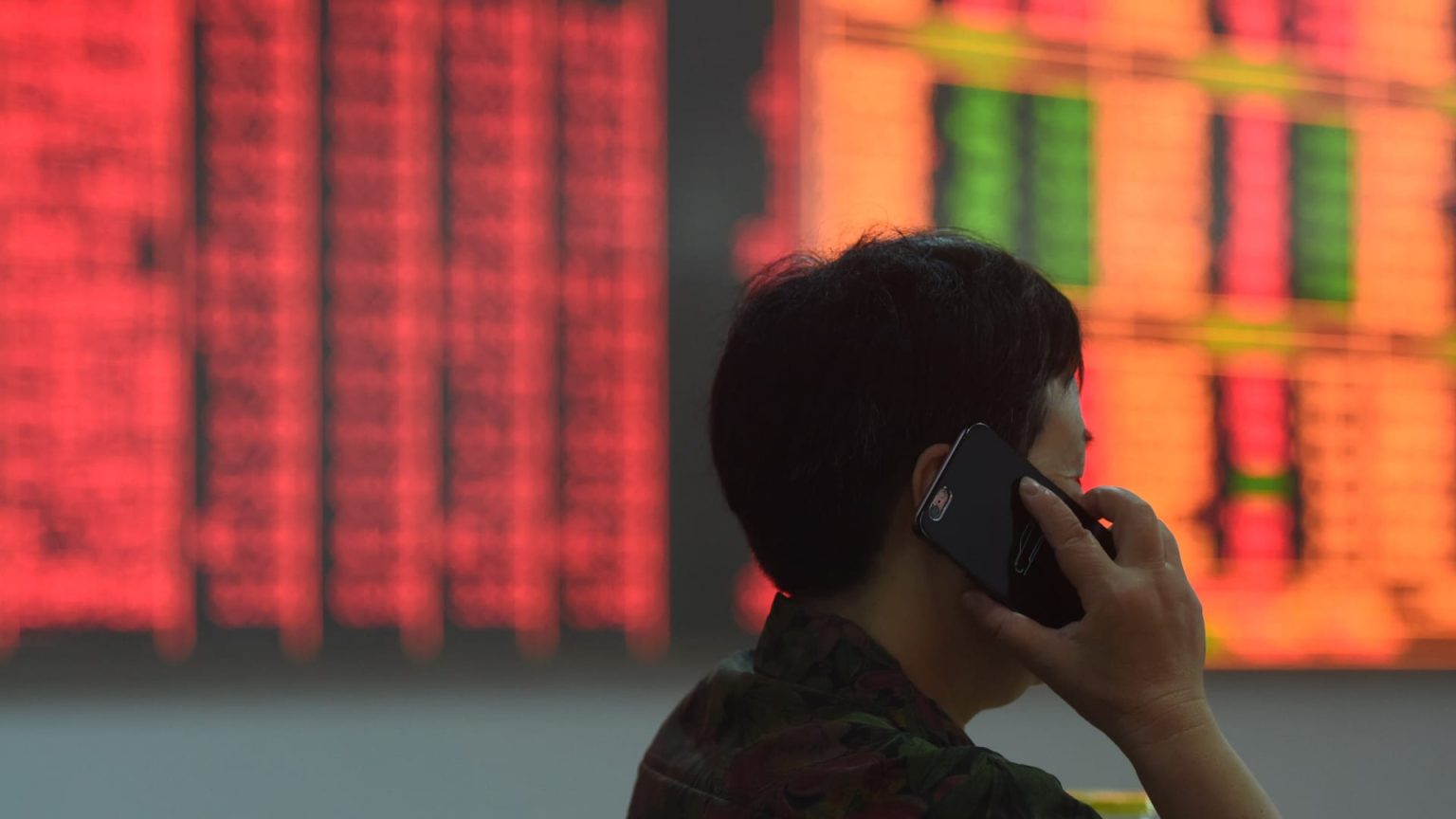China’s latest policy signals, including a high-level meeting on the economy led by President Xi Jinping, have had a significant impact on market sentiment. The meeting called for halting the decline in the property market and strengthening fiscal and monetary policy, but provided few specifics. Analysts have noted that while this demonstrates China’s recognition of the economic situation, more well-thought-out policies are needed to address deep-rooted issues.
The real estate slump has been a major factor in China’s economic slowdown, with minimal growth in retail sales and industrial profits. The People’s Bank of China has recently cut interest rates and announced plans to lower rates for existing mortgage holders. However, some investment institutions remain skeptical that these measures will have a significant impact on China’s economic outlook. Questions remain about the scale of stimulus needed to address the current challenges.
While China has introduced measures to stimulate the economy, concerns remain about the willingness of the government to take additional steps to boost consumer confidence. Previous crackdowns on various industries have impacted business and consumer sentiment. The recent interest rate cuts in China come after the Federal Reserve’s shift to easier monetary policy in the U.S., giving China’s central bank more room to lower domestic rates.
Despite these concerns, investors are showing confidence in Chinese stocks, with the CSI 300 index climbing to its best week since 2008. The rally in Chinese stocks has also had a global impact, with U.S. billionaire hedge fund founder David Tepper buying more Chinese stocks this week. The support for capital markets expressed in the high-level government meeting is seen as a positive step towards correcting negative perceptions of the financial industry in China.
The outlook for retail sales in China is expected to pick up slightly in the next few months, with a potential continuation of the stock market rally. However, concerns remain about the operationalization of policies announced this week to attract more capital into the stock market. Overall, the sentiment shift in the markets suggests a more optimistic view of China’s economic prospects, but the need for comprehensive and effective policies to address underlying challenges remains crucial.
In conclusion, China’s recent policy moves and high-level government meeting have had a significant impact on market sentiment, leading to a rally in Chinese stocks. While the focus on stabilizing the property market and stimulating the economy is encouraging, questions remain about the effectiveness of these measures. The emphasis on capital markets and the potential for growth in retail sales provide some optimism for China’s economic prospects, but continued efforts to address deep-rooted issues will be necessary for sustained growth.


